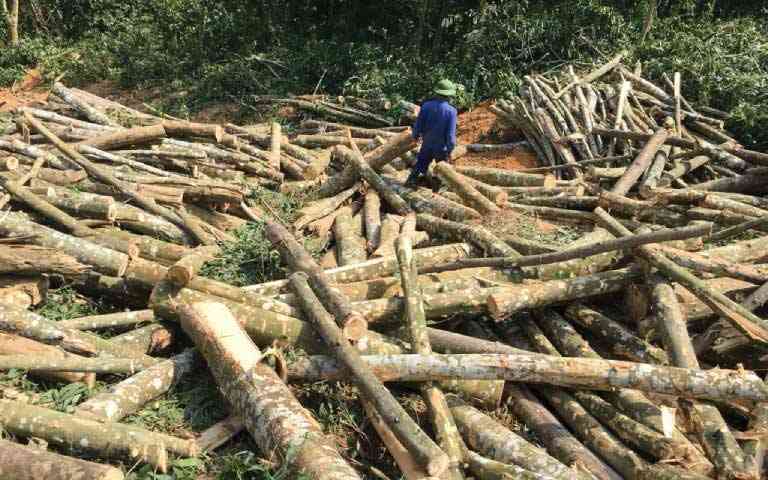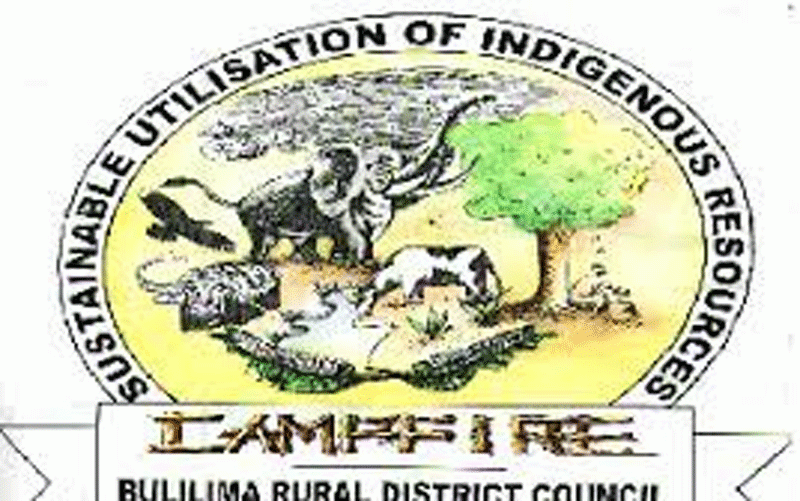
The Nkayi Rural District Council has been urged to tighten its monitoring systems to stop the illegal harvesting of timber by companies as the natural resource is not benefiting local communities.
Nkayi South Member of Parliament Jabulani Hadebe said there were no mechanisms in place to protect natural resources in the Matabeleland North district.
Hadebe from the Citizens Coalition for Change bemoaned what he said was rampant looting of timber from the district’s forests especially in the Gwampa Valley.
“It’s mainly companies from the northern region of the country and the Nkayi RDC must work through its environment and natural resources portfolio to establish a security department, which should be domiciled in the vicinity of our bushes,” he said.
“The enforcement division should be capacitated for them to carry out their duties effectively.
“I will push for an enabling legislation, which will see to it that the natural resources benefit the locals.”
Hadebe said preference should be given to investors or companies, which will set up beneficiation industries for employment creation in the area when awarding timber harvesting licenses.
Nkayi RDC chief executive Silibele Mpofu, however, said there was no illegal harvesting of timber in the district.
- Nkayi RDC treasurer nabbed
- Some Nkayi councillors illiterate: Ex-chairperson
- Council, war vets clash over torture base
- Clinic at last for Nkayi villagers
Keep Reading
Mpofu said timber harvesting was being spearheaded by the Forestry Company of Zimbabwe in Ward 30. .
“The ideal would have been that local companies be the ones harvesting if they are there, but sometimes local companies are either non-existent or they do not have the requisite papers,” she said.
There are perennial complaints that Matabeleland areas such as Nkayi are marginalised as they registered minimal development since independence in 1980.
Locals also complain that they do not benefit from abundant natural resources as contracts to exploit them are often awarded to companies and individuals from outside the region.









